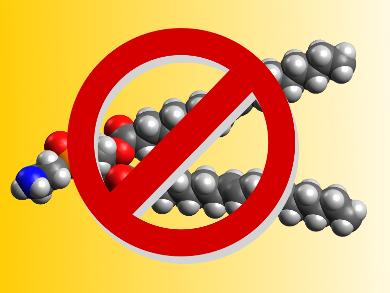Edible vegetable oils need to be refined in order to remove undesired impurities that affect the quality, taste and shelf life of the oil. For this purpose two different processes can be used, namely chemical or physical refining. For an effective physical refining, the degumming process is crucial. Here, phospholipids (PLs) are removed to an amount less than 10 mg/kg. PLs in vegetable oils are divided into hydratable phospholipids, which can be easily removed during water degumming, and non-hydratable phospholipids (NHP), which are more difficult to remove.
Christian Stevens, Ghent University, Belgium, and colleagues used the enzyme phospholipase A1 for the degumming of soybean and rapeseed oil. A good degumming efficiency is obtained after a short reaction time, but a complete degradation requires reaction times of 2 h. Even though the enzyme has no specificity for certain PLs, the rate of conversion depends on the PL composition of the oil. For example 80 % of the phosphatidyl ethanolamine, but only 40 % of phosphatidyl inositol are degraded during the same time interval.
This finding is important for the optimization of enzymatic degumming in the refining industry.
- Enzymatic degumming: Degumming efficiency versus yield increase,
Klicia A. Sampaio, Nadezhda Zyaykina, Bogumila Wozniak, Junko Tsukamoto, Wim De Greyt, Christian V. Stevens,
Eur. J. Lipid Sci. Technol. 2014.
DOI: 10.1002/ejlt.201400218




